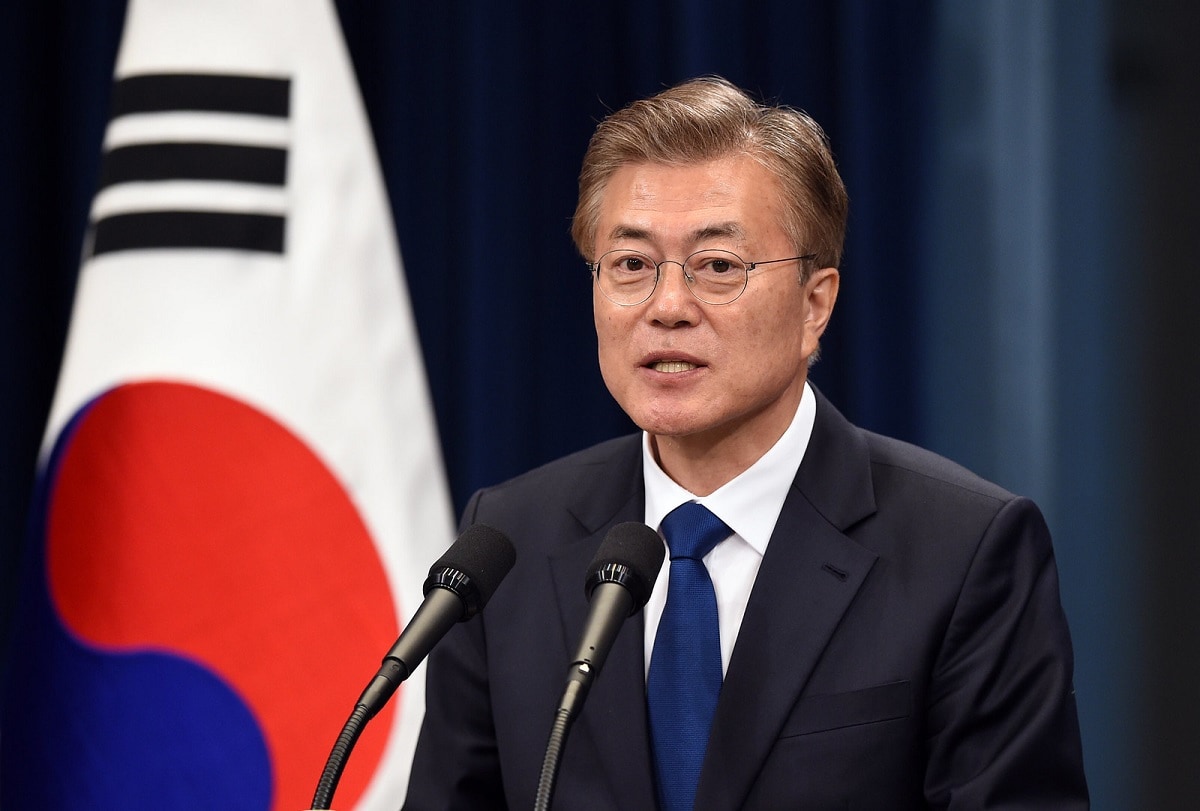As the presidency of Moon Jae-In in South Korea winds down, Moon has pushed hard for an ‘end of war declaration’ (EoW) over the still legally unfinished Korean War. Last week, I argued in this magazine that this declaration is a curious approach. The inter-Korean armistice is pretty stable, and when it is broken, it is North Korea which does the breaking through its frequent border provocations. Also, legally, no one really knows what this declaration would do. A treaty is a well-established tool for ending wars; an EoW declaration is a diplomatic neologism. It is not clear if this declaration is intended to replace the armistice or a potential treaty, or supplement them in some unknown way. Or perhaps it is just symbolism.
If it is just symbolism, then signing it is irrelevant. But if the goal is to actually make Korea safer, then the declaration must actually address the outstanding issues between the two Koreas. Indeed, that is the whole point of a treaty. A treaty represents not just a cessation of hostilities between parties – an armistice – but also terms which both sides accept to end the political differences which motivated the conflict. Treaties are politically easier if one side is definitively defeated on the battlefield, like in World War I and II. The Korean War ended in a stalemate, which is the reason a treaty has been so elusive.
Negotiate the Actual Issues Dividing the Koreas
Unfortunately, an EoW declaration elides all this, making the declaration more rhetorical than substantive. Its advocates claim it advances peace, but that is not the issue on the peninsula. Peace via deterrence is stable in Korea; South Korea would not be the world’s tenth-largest economy if it were fighting an active war for 70 years. President Moon speaks of an “unstable armistice regime” but omits that it is North Korea which causes that instability. North Korea’s long and violent history of provocations is well-known, while the US and South Korea have no record of kinetic retaliation. In fact, if the EoW were to finally stop North Korea from launching cross-border strikes, that would actually be a good reason to sign it. But no one actually believes Pyongyang will commit to that.
As David Maxwell rightly points out in these pages, everyone wants peace in Korea. Only the most extreme, irresponsible observers of Korea supported US President Donald Trump’s war threats in 2017, for example. The real issue preventing a treaty in Korea is not hawkish disdain for ‘peace,’ but the wide gaps – political and military – between the two Koreas. These will be resolved through either negotiated terms, or Southern-led unification after the North’s collapse. Northern-led unification is highly unlikely, of course, but so is North Korea’s collapse. Hence the only likely outcomes are a continuation of the stalemate, or negotiations on those gaps which the EoW does not address.
Three Issues Undercut the End of War Declaration
Here a just three of those issue gaps which must actually be resolved – or least narrowed – for a North-South deal more meaningful than a nonbinding declaration:
1) North Korean weapons of mass destruction
Analysts widely agree that North Korea will not fully de-nuclearize/de-missilize. Complete, verifiable, irreversible disarmament was almost certainly never feasible. But Pyongyang might trade away some of its WMD or freeze production at current levels. What would the North want for such a concession? Money? Sanctions rollback? Permanent South Korean aid? Moon claims to have a good relationship with North Korean leader Kim Jong Un. Instead of pushing the US and China to sign an empty statement, he should get Kim to give a list of what he wants for a freeze.
2) The North Korean army right on the South Korean border
North Korea stations around 1 million soldiers south of the Pyongyang-Wonsan line. Most of them are near the demilitarized zone north of the South Korean capital Seoul. In a war, they would presumably flood south to knock out Seoul, the South’s center of gravity. The North also stations long-range artillery and short-range missiles there to bombard Seoul. What would the North want to retrench these forces? A withdrawal of US ground troops from South Korea (which is not the same as ending the alliance)? A reduction in size or budget of the South Korean military? Sanctions rollback?
3) North Korean human rights
One of the core problems with brokering deals with North Korea is the moral discomfort much of the world feels over Pyongyang’s extreme human rights abuses. The definitive report on this subject, from the United Nations, analogizes the North’s camps to Nazi concentration camps and recommends that Kim Jong Un be sent before the International Criminal Court. Conservatives particularly will have a hard time accepting any kind of final deal with North Korea which does not liberalize it somewhat. Here too Moon could be helpful. As a dove on the North, he is in a better position to communicate to Kim that the North needs to give the international community at least some progress on this issue in order for any deal to endure more hawkish future governments. Presumably Kim would ask for something in exchange.
North Korea will presumably ask for a lot for these changes. We may not accept those swaps and need to negotiate in detail. But at least we would know what the North wants. These are obviously deep cleavages between North and South. But they, not ‘peace,’ are the real issues, and the best legacy Moon could leave is outlines of possible deals on these and other issues.
Dr. Robert E. Kelly (@Robert_E_Kelly; website) is a professor of international relations in the Department of Political Science at Pusan National University. He is a 1945 Contributing Editor as well.

